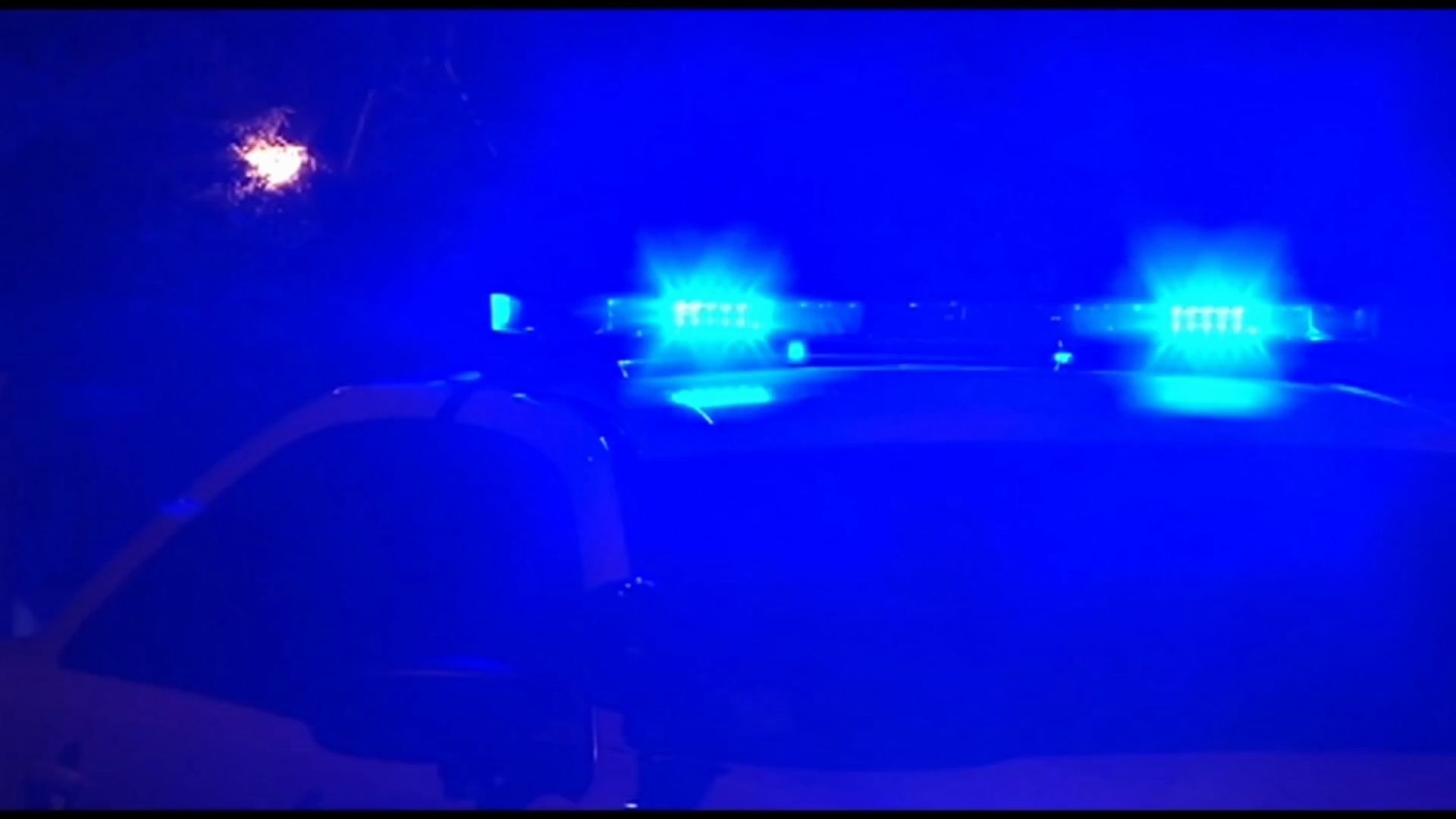Chicago voters will be asked to determine whether the city’s assessment of transfer taxes will change in coming months, with groups pushing for the change to help fund programs to assist residents who are experiencing homelessness.
Proponents of the “Bring Chicago Home” referendum, which is on the March 19 Illinois primary ballot, say that more than 90% of homes in the city will see reductions in transfer taxes under the new measure.
Opponents of the measure say it could have a chilling impact on the commercial real estate market in the city, as it would increase the transfer tax rate on properties worth more than $1 million.
Under provisions of the bill, the current flat tax of $3.75 per $500 of assessed value would be changed. For properties valued at less than $1 million, that tax would be lowered to $3 per $500 of value, while property value between $1 million and $1.5 million would be taxed at a rate of $10 per $500 of value.
Property value over $1.5 million would be taxed at $15 per $500 of value.
So how would that impact homebuyers in the city of Chicago?
For example, the median home sale price in Chicago in Feb. 2024 was $339,000, according to Redfin. Under the proposed tax structure, the transfer tax that would be paid on a property of that value would be $2,034, compared to $2,543 under the current system.
Local
At $999,999, the proposed maximum property value that would still qualify for the $3 per $500 tax rate, a Chicago resident would save $1,500 in real estate transfer taxes.
Even properties valued slightly over $1 million would save money because of the decreased taxation rate on the value of the property under that price. A $1.1 million purchase would see a reduction of $250 in real estate transfer taxes under the new rates.
Feeling out of the loop? We'll catch you up on the Chicago news you need to know. Sign up for the weekly> Chicago Catch-Up newsletter.
A property valued at $1.5 million would see a proposed real estate transfer tax of $16,000, an increase of nearly $4,800 over the current rate.
If passed, the measure would go before the Chicago City Council for final approval. Funds generated by the change in tax rate would go toward programs to assist residents experiencing homelessness, and would be allocated by an advisory board appointed by Mayor Brandon Johnson and the Chicago City Council.



